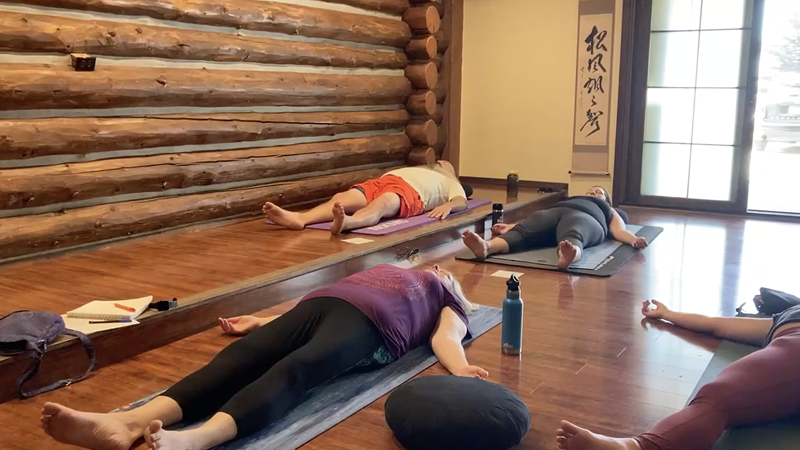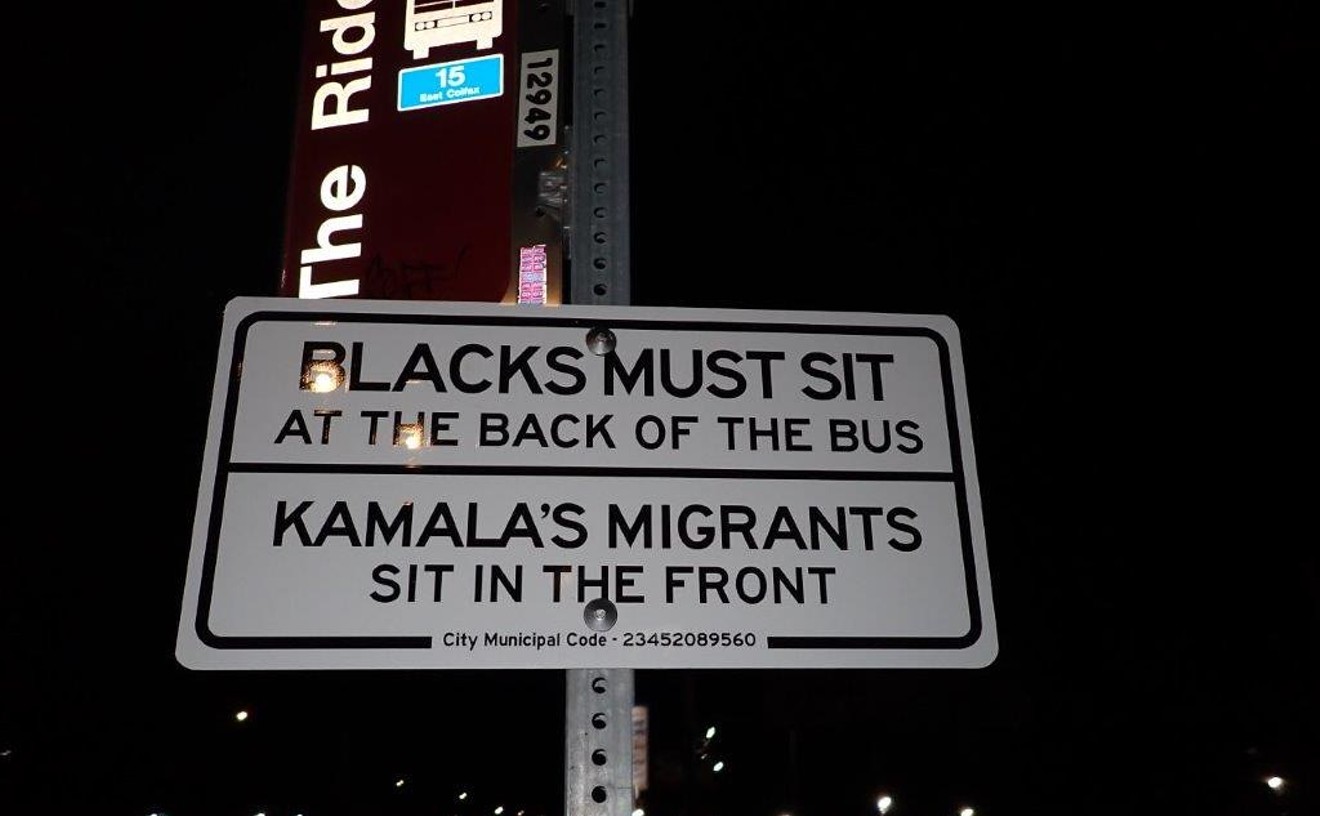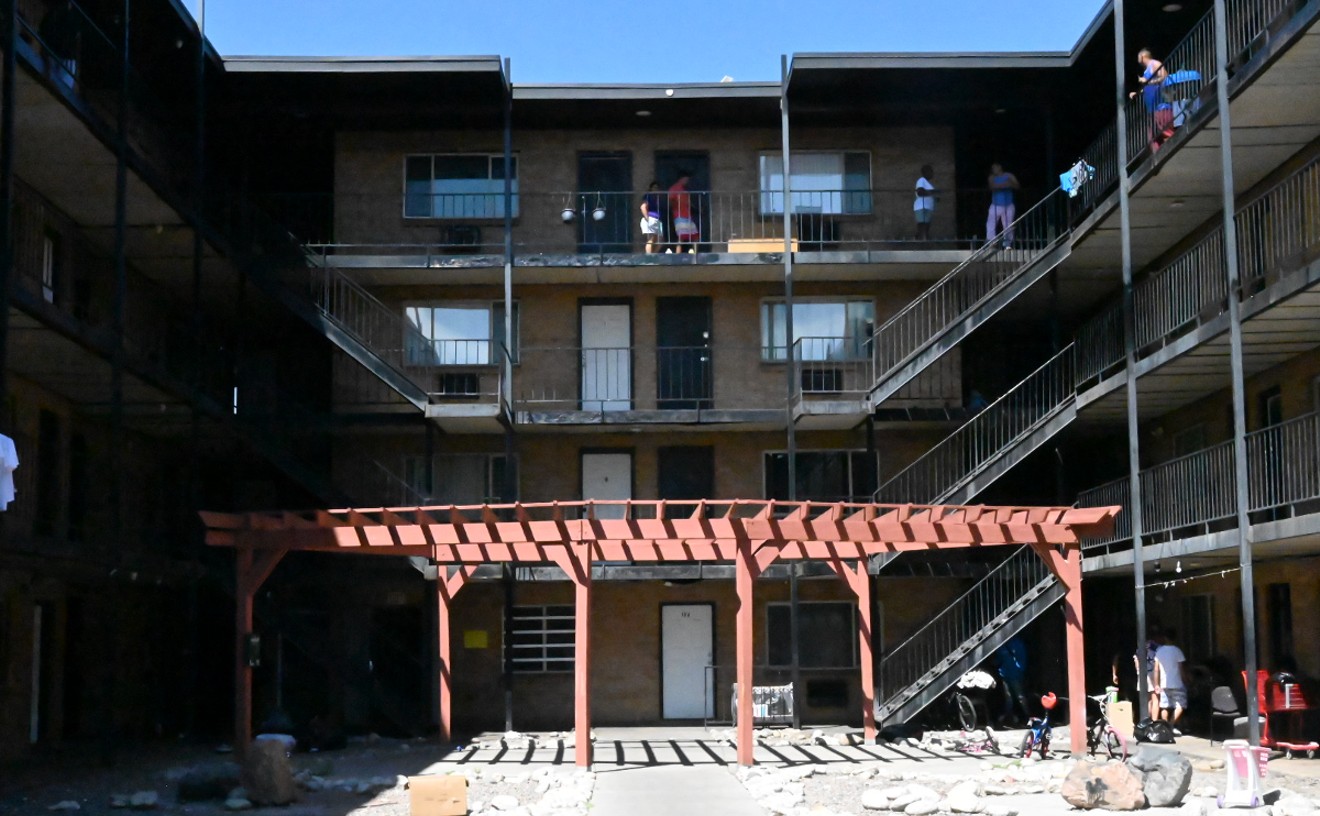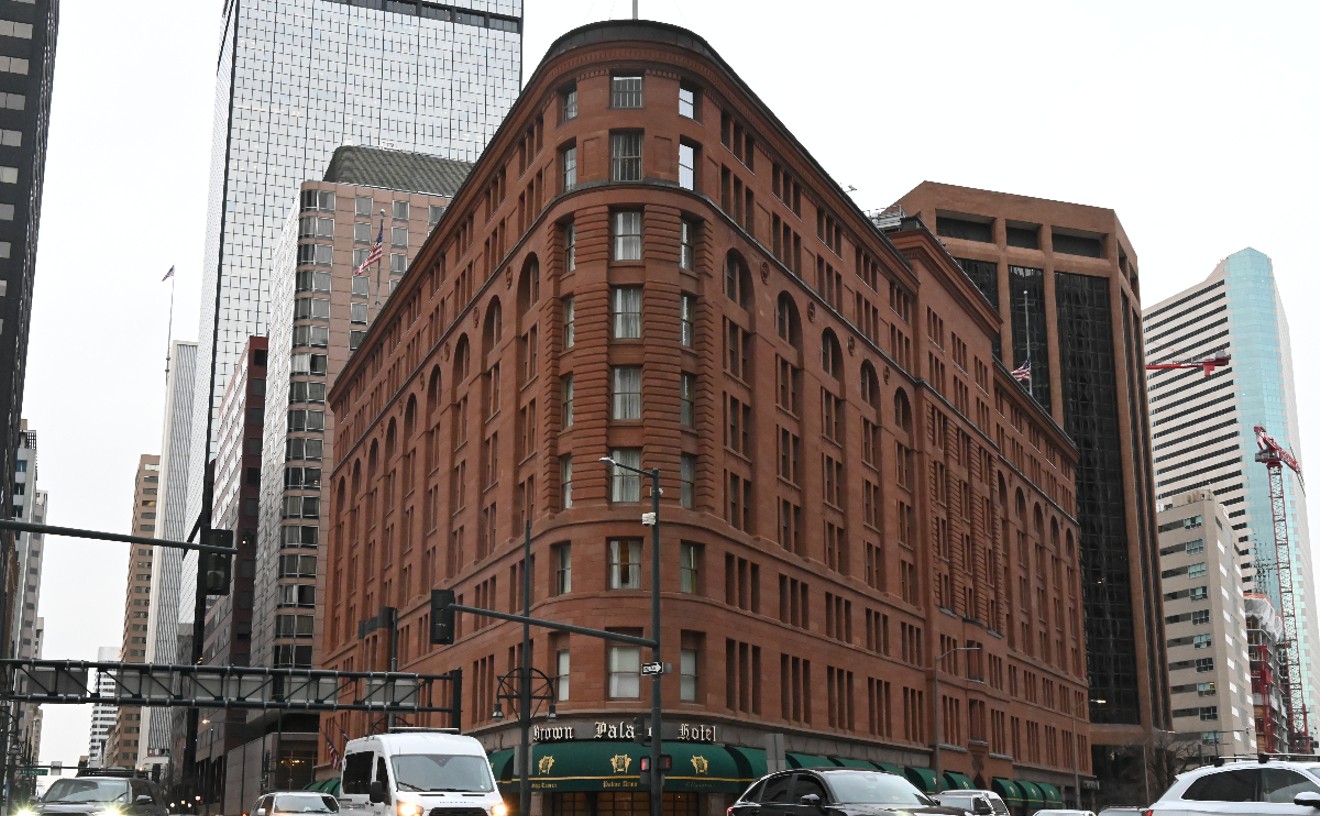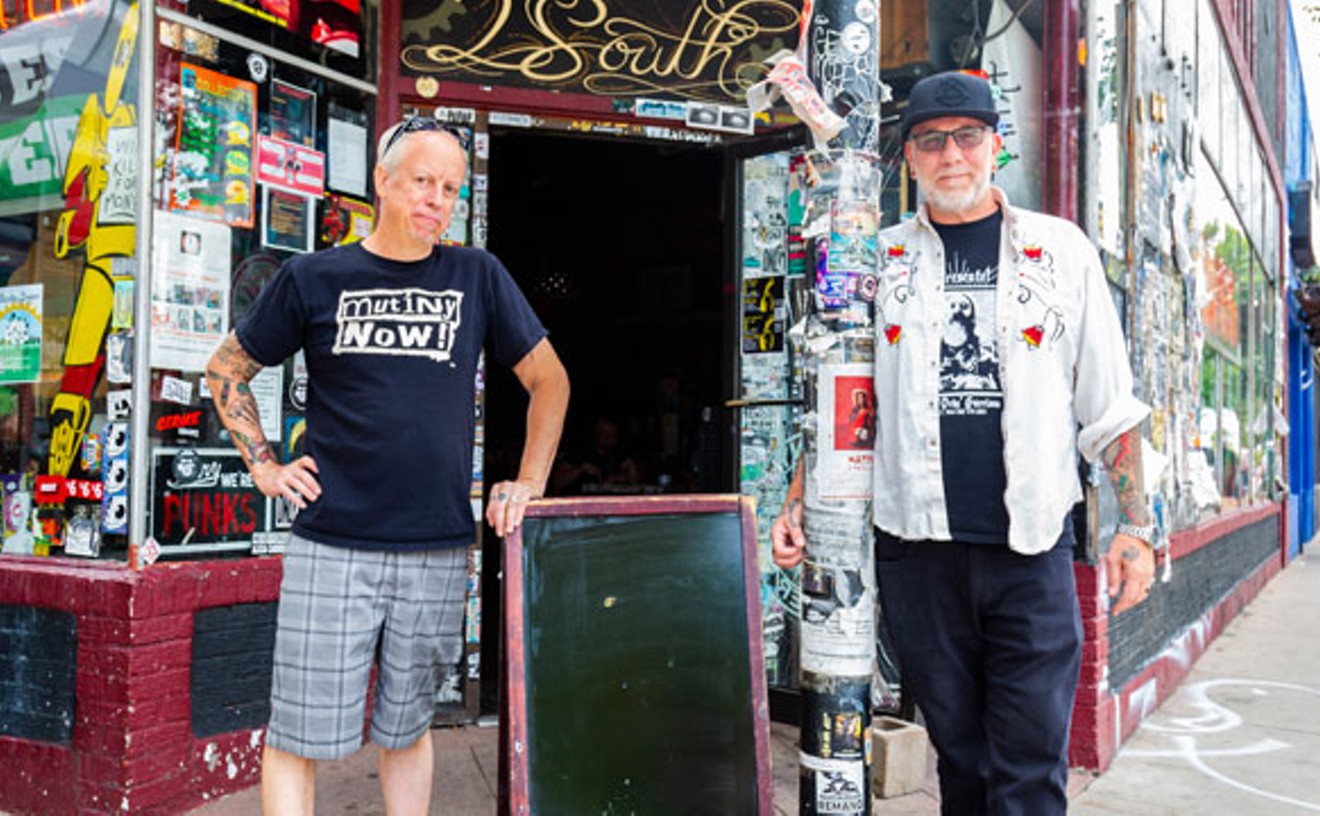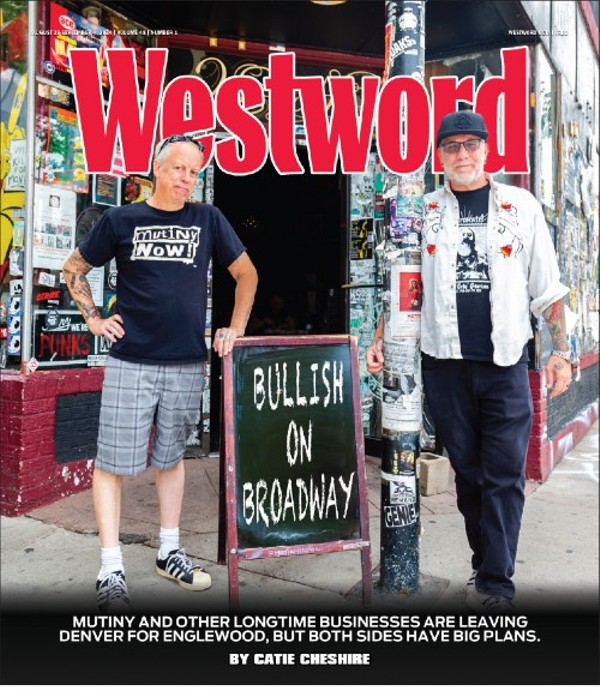That’s corpse pose, or shavasana, familiar to most yoga practitioners and used for relaxation and meditation.
When Veronica Wiley became a certified end-of-life doula late last year, the longtime yoga instructor combined that experience with death doula work and nature therapy facilitation into one practice: corpse pose yoga.
Whether someone is dealing with a personal loss, overwhelmed by the amount of human loss in the world or struggling to contemplate ecological loss, Wiley wants the corpse pose yoga workshops to offer people a place to get comfortable with those feelings.
“The intention with corpse pose yoga is more about just connecting people with their own experiences of grief and also layering in this nature aspect,” Wiley says. “Ultimately, I would love to be able to use this as a way to connect with people and really ease into the conversation of grief and death and mortality. Life and death are both part of nature.”
The workshops start with an introduction to the space, usually an outdoor place with a connection to a funeral home. Then Wiley transitions into guided breath, meditation and gentle movement.
“The physical practice of yoga is overemphasized in our Western culture,” Wiley says. “There's a lot of emphasis on doing the poses the right way, quote-unquote. This is much more a therapeutic aspect of really just getting people in touch with their bodies and focusing on that somatic movement.”
The goal is to connect people to their hearts and minds through their bodies. For example, Wiley notes, grief can make parts of the body such as the chest and shoulders heavy, which people may not realize until they're given the space to feel that.
Then the group does thought exercises, starting with gratitude and positivity and moving into less comfortable territory: considering the state of the world, the state of the environment and personal experiences with grief. Participants can then share their reflections with others in the workshop, though they aren’t required to do so.
Finally, the group enters corpse pose as Wiley plays the harmonium, encouraging people to move and feel as their body tells them that they need to relax and reflect.
“This is not me telling anybody else how to feel,” Wiley says. “It’s just holding space for people to come into that connection. Part of why the corpse pose is so important in the yoga practice is because it's this opportunity to regularly confront and accept the idea of mortality.”

Veronica Wiley helps people contemplate their death through corpse pose yoga workshops.
Catie Cheshire
As Wiley explained at a recent workshop at Longmont's Willow Farm Contemplative Center, death doulas play a role similar to parents bringing their child in for an annual doctor’s appointment that will involve a shot. Because they know a shot is coming, their anxiety and fear build, sometimes to unsustainable levels that can cause breakdowns. Parents guide and comfort their children, helping them understand the situation, letting them express their emotions and move to a calmer place.
So it is with death doulas and their clients, Wiley says. Just as birth doulas help with the birthing process, death doulas guide people through the experience of death, whether their own or that of someone close to them. Death doulas predate modern medical practices such as hospice and palliative care, and now work in tandem with them to help those looking for support during the death journey.
"Births and deaths happened on the kitchen table, essentially," Wiley says. "There were people in those earlier communities that were there to hold space through those different transitions, and I realized that I have actually kind of played that role before with some other family friends through their dying process. But I didn't know until last summer that this was actually something that you can actually get training and certification to go do."
Last summer, Wiley's father became ill, then spent five weeks in the hospital before he finally passed in July 2021. He wanted to die in his own backyard. The family didn’t know how to make that happen, but eventually figured it out. “The aversion that my family and the doctors all had around getting to the conversation of 'Dad is dying and what are we going to do?,' I think, in a lot of ways, made the process a lot more difficult and challenging,” Wiley recalls.
Already enrolled in the Outdoor Industry Master’s of Business Administration program at Western Colorado University, Wiley worked with worked with advisors to make becoming a death doula part of the capstone project for the master’s degree; Wiley completed end-of-life doula training through the International End-of-Life Doula Association in December 2021. The National End-of-Life Doula Alliance, a professional organization for death doulas, has 1,300 members, and the number has been growing in recent years.
Death doulas can work with people as they die, or connect with those who have experienced the death of someone in their life to help them heal. Through Outside Rites, Wiley offers those services as well as corpse yoga workshops and other ecotherapy work like wilderness immersion. Working with friend KP Harman, Wiley takes people on backpacking trips designed to help them explore and process grief.
Wiley is also part of the Colorado End of Life Collaborative, a nonprofit organization of death doulas that works with others in the death space to build connections, and partners with local mortuaries to include a discussion of alternative burial practices in the corpse pose workshops.
New to the mortuary scene, the Natural Funeral provides a variety of green burial options like water cremations and body composting, as does Feldman Mortuary, one of the oldest mortuaries in the state. All are members of the emerging death-positive movement in Colorado.
“We love engaging with people who are innovating and who are offering something that helps us find our edges with our own involvement with our loved ones’ death and with an awareness toward our own mortality,” Seth Viddal, managing partner at the Natural Funeral, said at a July 23 workshop, praising Wiley for bringing something new to the death-positive scene.
Although the summer workshops have ended, Wiley is planning to hold virtual corpse pose yoga workshops again this fall while continuing to build Outside Rites.
“I don't know anybody who has lived forever,” Wiley says. ”We're all going to have that experience eventually, and we don't necessarily have control over how and when that happens. So being able to come into a space where we have a little bit more acceptance of it and a little bit more ease in having those conversations and that acknowledgment of our own mortality, I think is something that we could all really use as a culture.”
And use to help people cope with one of the most natural parts of living: dying.

